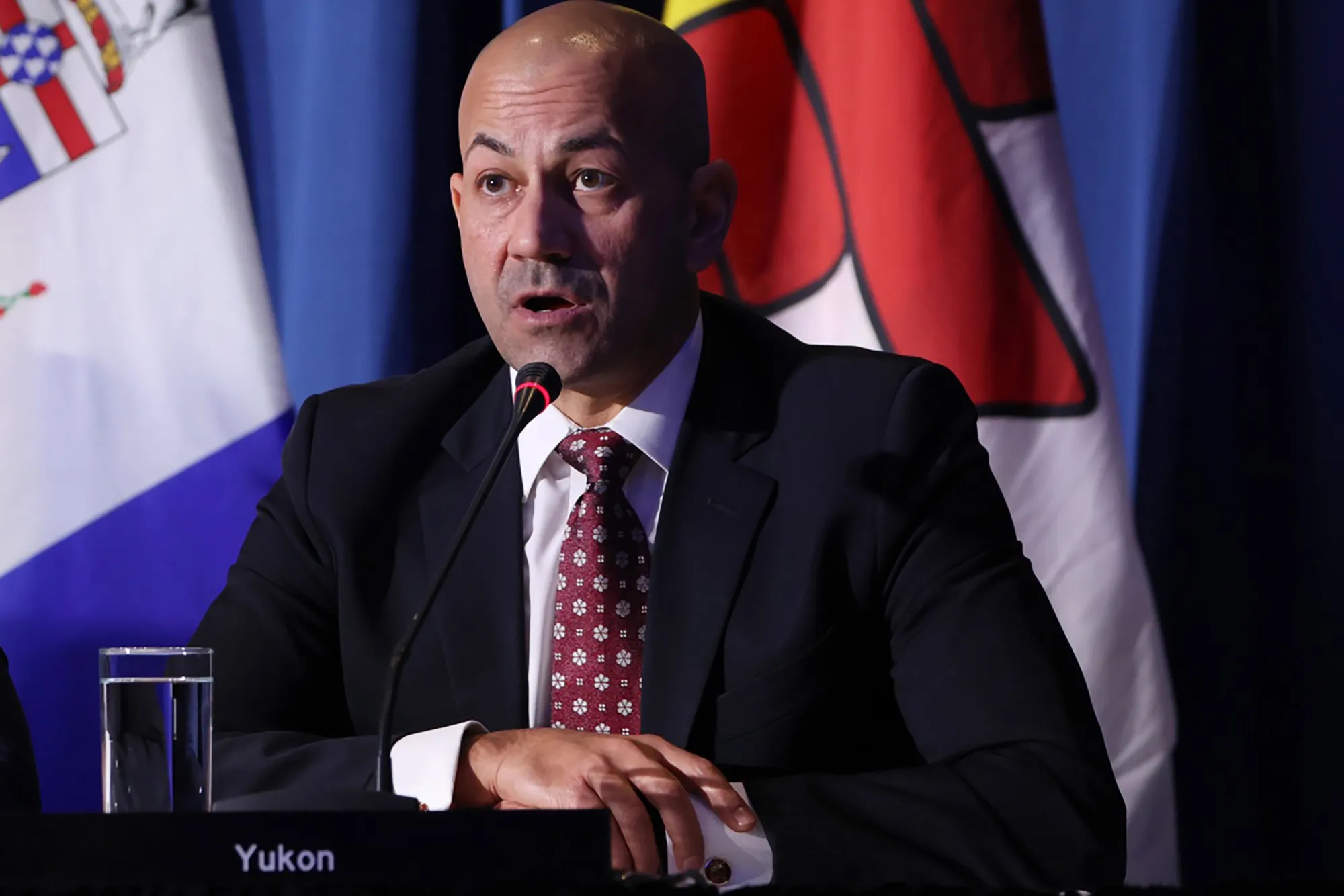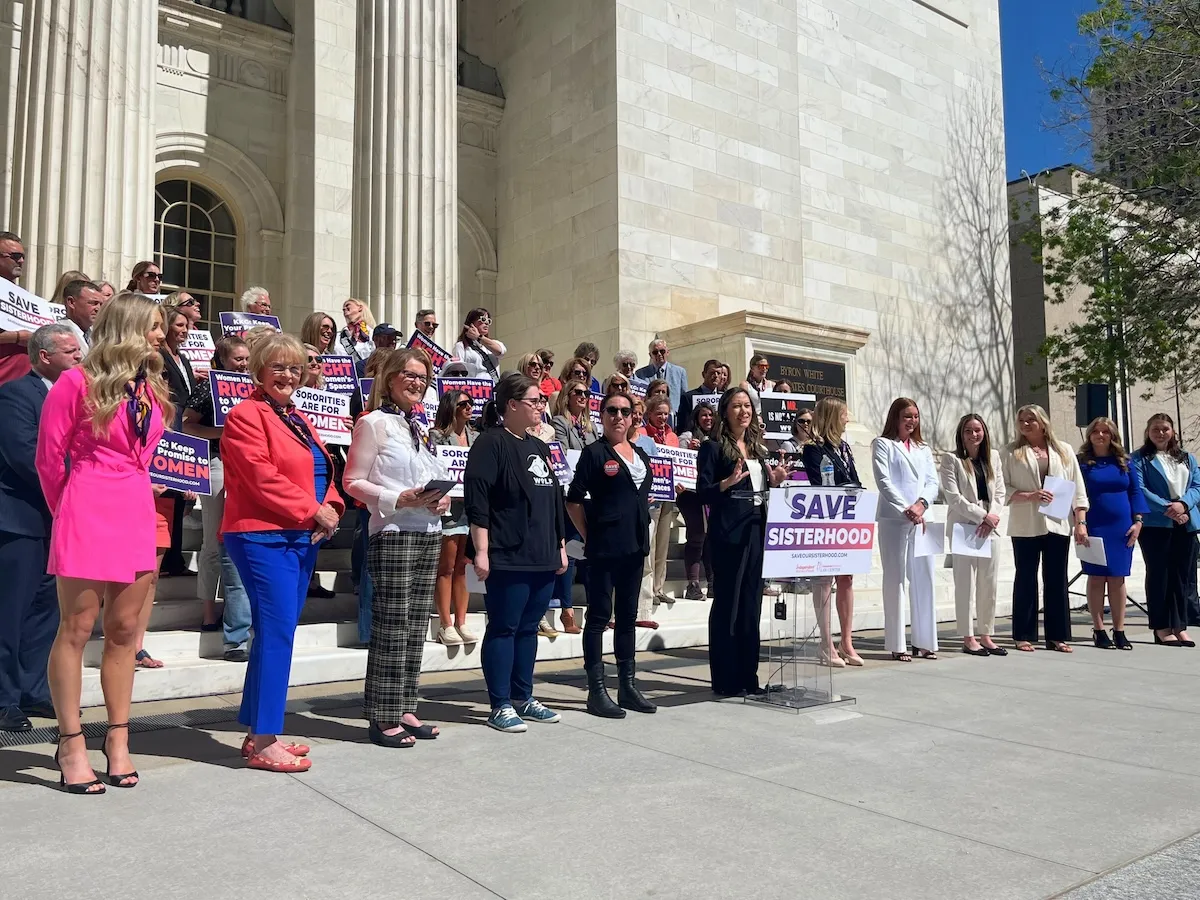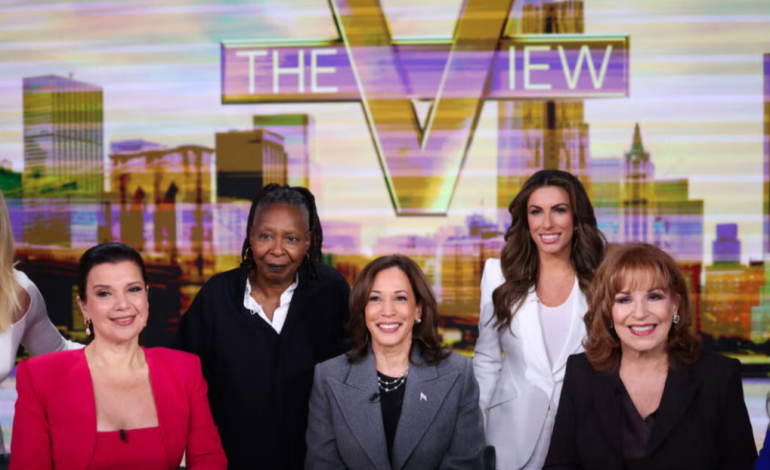As Kamala Harris continues her 2024 presidential run, her communication style and ability to answer straightforward questions have raised concerns about her leadership readiness, the Daily Signal reports.
Harris’ campaign team has faced a challenging dilemma: should they continue shielding her from tough questions, or expose her to more unscripted public interactions? Both options carry significant risks, with her hesitation to engage in open forums eroding confidence in her abilities.
Harris’ reluctance to give interviews or hold press conferences has left voters questioning her preparedness for the presidency. While Democrats initially portrayed her as a rising political talent, her avoidance of direct engagement has undermined this narrative. Even in media appearances with supportive outlets like MSNBC and “The View,” Harris has struggled to provide substantive answers, leading some to wonder if she’s ready for the demands of higher office.
A recent interview with Fox News’ Bret Baier highlighted her communication challenges. Harris responded to simple questions with long, meandering answers that failed to address the issues at hand. Her tendency to rely on vague platitudes rather than clear, concise responses has become a noticeable pattern. This issue was further emphasized during a Univision town hall, where audience members pressed her on inflation, but her response left many feeling as though she didn’t fully grasp the issue.
This inability to articulate clear policy positions was most apparent during a prerecorded “60 Minutes” interview. When asked about the Israel-Palestine conflict, Harris’ answer was so muddled that CBS had to edit the segment to include a clearer response. Such moments have raised doubts about whether Harris has the depth of understanding required for the presidency, especially in foreign policy matters.
In contrast, former President Donald Trump, despite his unconventional communication style, rarely faced this level of accommodation from the media. Trump’s responses, while often controversial, were direct and decisive, allowing voters to understand where he stood on issues. Harris, on the other hand, has left many guessing, as her answers often seem rehearsed and disconnected from the realities of the issues.
Some suggest that Harris may suffer from “imposter syndrome,” a psychological state where individuals doubt their own abilities despite evidence of success. However, critics argue that her frequent struggles in interviews suggest a deeper issue: a lack of preparedness and confidence. Her frequent nervous laughter and awkward syntax may point to an underlying discomfort with her own qualifications.
Harris’ difficulty in taking firm stances on policy has also been a recurring problem. Throughout her political career, she has changed positions on key issues multiple times, raising questions about whether she has a consistent guiding philosophy. This lack of clarity leaves voters uncertain about what Harris truly believes in or what kind of leader she would be.









